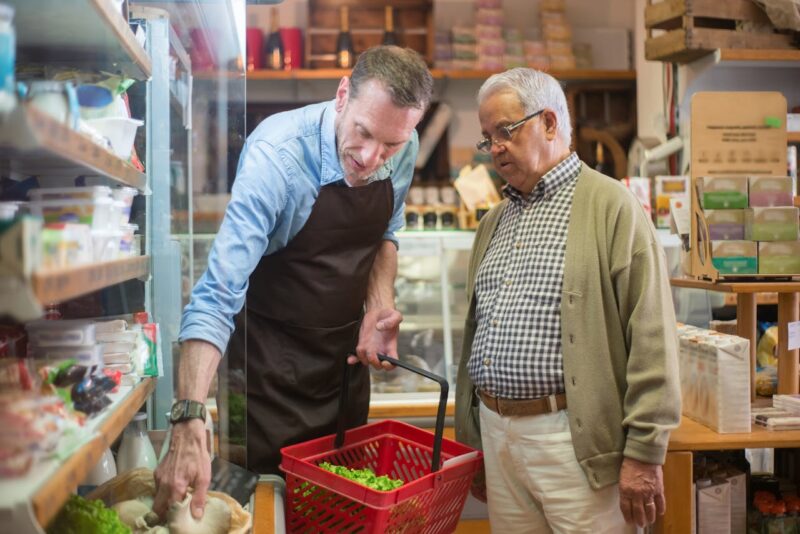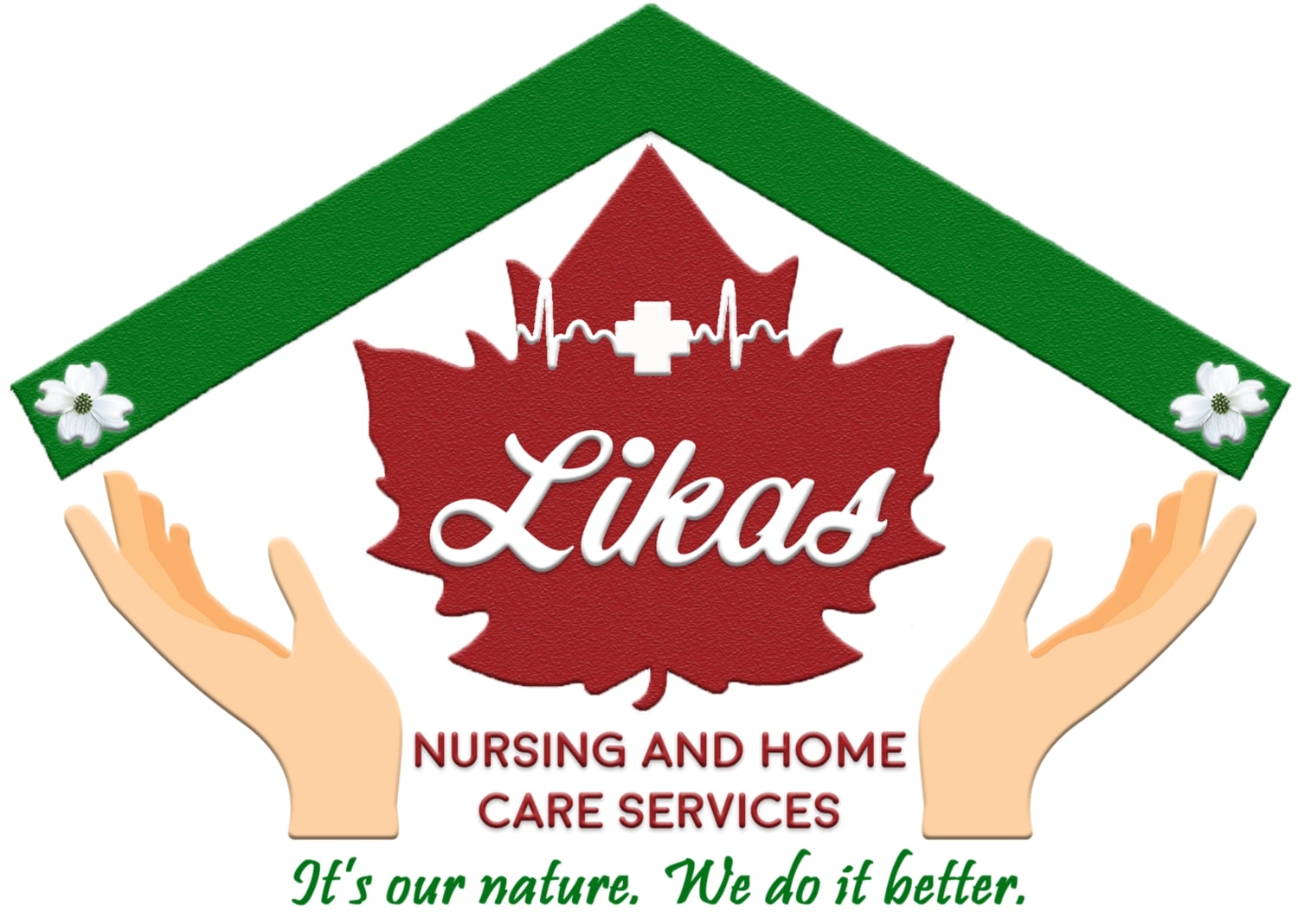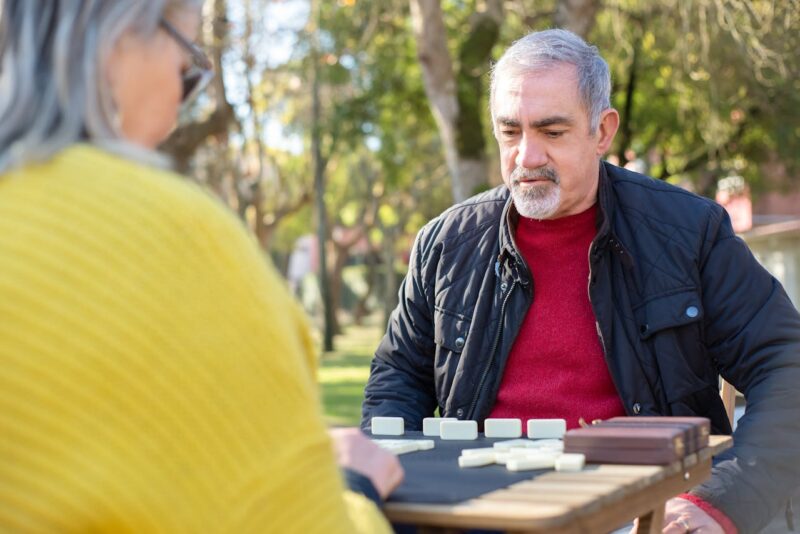
Navigating errands and appointments can be challenging for the elderly. As we age, simple tasks like grocery shopping or medical visits can become daunting. However, there are practical solutions to make these activities easier and more manageable for seniors, caregivers, and assistance in the community. By implementing thoughtful strategies and utilizing available resources, we can simplify the process and enhance the overall experience for our elderly loved ones.
Understanding Elderly Needs
Mobility Challenges
Seniors often face mobility challenges due to age-related issues such as arthritis or muscle weakness. Simple tasks like walking longer distances can be difficult.
Understanding these challenges is crucial in providing adequate support. Offering assistance with transportation or ensuring locations are easily accessible can greatly improve their quality of life.
Importance of Patience
Patience and empathy play a vital role when catering to the needs of the elderly. As individuals age, tasks that were once simple may now require more time and effort.
By showing understanding and allowing them to move at their own pace, caregivers can create a more positive experience for seniors. This approach fosters a sense of dignity and respect.
Impact of Aging
The impact of aging on both physical and mental capabilities cannot be overlooked. Physical strength diminishes, leading to reduced mobility and coordination.
Moreover, cognitive functions may decline, affecting memory and decision-making abilities. It is essential to provide supportive environments that cater to these changes.
Planning and Organizing Errands
Create a detailed list
When planning errands for the elderly, it is crucial to create a detailed list of all the tasks that need to be accomplished. This list should include grocery shopping, essential chores, medical appointments, and any other necessary activities that need resources.
Ensure that the errands are within a manageable time frame. Breaking down tasks into smaller, more achievable steps can help prevent overwhelming the elderly individual.
Prioritize essential stops like medical appointments. By scheduling these first, you can ensure that they are not missed and that the day’s activities are planned around them.
Opt for smaller stores
Consider opting for smaller stores or local markets instead of large supermarkets. Smaller stores are often less crowded and have shorter distances to walk, making them more manageable for the elderly. Choosing off-peak hours to avoid crowds is also a good idea.
Utilize online services for grocery shopping or other needs where possible. Many stores offer online ordering and delivery services, which can reduce the physical strain of carrying heavy items and navigating through crowded aisles.
Streamlining Errand Processes
Establish Routine
Help seniors establish a routine for managing medical equipment to streamline outings. Encourage them to keep essential items like medications in a designated spot.
Encourage seniors to plan ahead by preparing necessary items the night before an errand day. This simple step can prevent last-minute rushes and reduce stress.
Assist Transfers
Assist in transferring elderly individuals to their wheelchair or standing position before leaving. This support ensures their safety and comfort during transitions.
Make sure that the vehicle they are using is easily accessible and comfortable for them. Consider installing grab bars or ramps for added convenience.
Break Down Tasks
Break down to-do lists into smaller trips to avoid exhaustion. Prioritize tasks based on urgency and proximity to minimize physical strain. Create a checklist with clear, concise instructions for each errand.
Enhancing Safety and Comfort
Preparing Medical Equipment
Ensure all necessary medical equipment is prepared before leaving the car. This includes items like a walker, cane, or any specific aids required for mobility support.
Engaging in Leisurely Activities
Engage seniors in leisurely activities to boost confidence and stamina. Simple activities like short walks or gentle exercises can help improve overall mobility and well-being.
Quality Time Together
Focus on quality time together rather than just running errands. Taking breaks during errands to enjoy a cup of coffee or admire the surroundings can make the experience more enjoyable.
Communicating About Assistance
Open Discussions
Initiate conversations with elderly individuals to understand their specific needs for assistance with errands and appointments. Encourage them to openly discuss the challenges they face.
Encourage seniors to express their preferences clearly when it comes to the type of help they require. This ensures that the assistance provided is tailored to their unique needs and preferences.
Establishing effective communication channels is crucial for addressing any concerns or changes in plans related to errands and appointments. By maintaining open lines of communication, seniors feel supported and heard.
Support Networks
Creating a support network involving family members, friends, and volunteers can significantly ease the burden of organizing errands and appointments. This network provides outside help when needed. Encourage seniors to reach out for support.
Utilizing Helpful Services
Consider Likas Nursing & Home Care Services for grocery shopping and appointments. They provide reliable transportation services for the elderly, ensuring they can run errands and attend appointments without hassle.
Companion care services offer personalized support tailored to the unique needs of the elderly individuals they assist. These caregivers provide companionship, assistance with daily tasks, and emotional support.
Final Remarks
In making errands and appointments easier for the elderly, planning, organization, streamlining processes, safety enhancements, utilizing services, and providing support are key. By implementing these strategies, you can significantly improve the efficiency and comfort of your loved ones’ daily tasks. Remember to plan ahead, simplify tasks, prioritize safety and comfort, leverage technology and aids, and offer companionship to make their experiences smoother and more enjoyable.
Frequently Asked Questions
How can I effectively plan and organize errands for the elderly?
To plan and organize errands for the elderly effectively, create a list of tasks, prioritize based on importance, consider their energy levels, and group similar errands together to minimize travel time and fatigue.
What are some ways to streamline errand processes for the elderly?
Streamline errand processes by using technology like scheduling apps, delegating tasks when possible, choosing off-peak hours to avoid crowds, and organizing items needed in advance to make the process smoother and more efficient.
How can I enhance safety and comfort during errands for the elderly?
Enhance safety and comfort by ensuring proper footwear for stability, using mobility aids if necessary, dressing appropriately for the weather, carrying emergency contact information, staying hydrated, taking breaks when needed, and being aware of surroundings at all times.
What helpful tools and resources can be utilized to assist the elderly with errands?
Utilize tools like shopping carts with seats or walkers with storage compartments for easier transportation of items. Resources such as ride-sharing services, grocery delivery apps, online banking for bill payments, and medication management apps can also be beneficial.
How important is providing support and companionship during errands for the elderly?
Providing support and companionship during errands is crucial as it helps reduce feelings of isolation, boosts morale, provides assistance in decision-making, enhances safety by having someone present in case of emergencies, and overall improves the quality of life for the elderly.
What are the benefits of exploring companion care services for the elderly?
Companion care services offer social interaction, emotional support, assistance with daily activities, transportation help, medication reminders, and companionship. These services contribute to improved mental well-being, reduced loneliness, enhanced quality of life, and overall peace of mind for the elderly.



